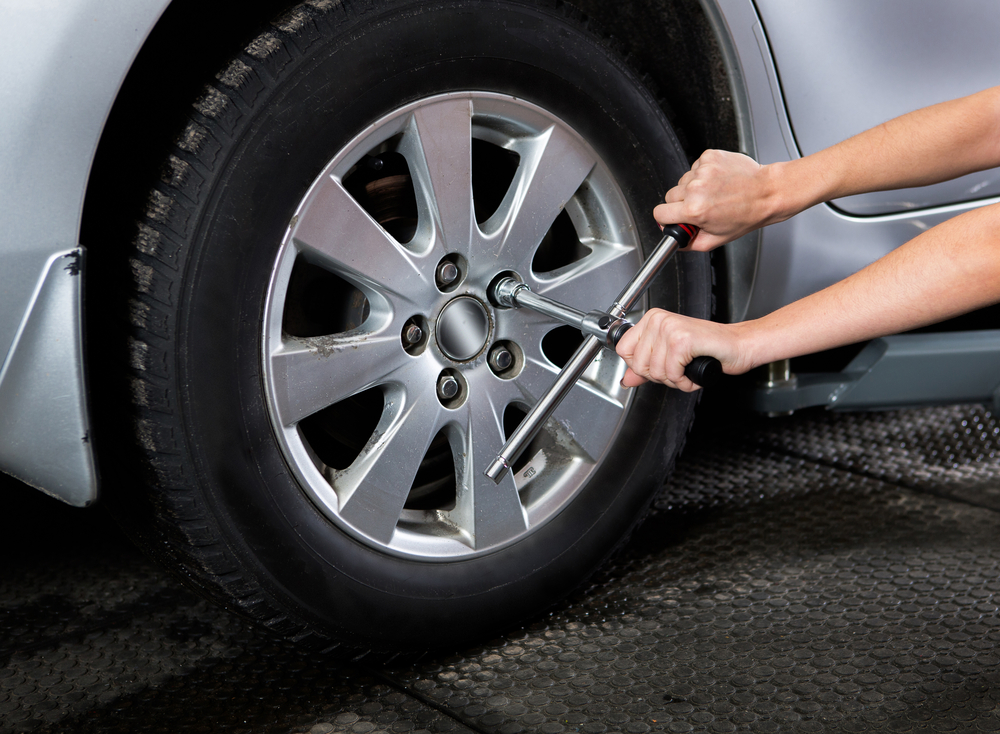Reasons Why You Must Maintain Optimum Tyre Pressure
The importance of adequate tire pressure can hardly be exaggerated. It is important for comfort, safety, and fuel economy. It is also good for the environment. The requirement is universal for all types of tires.
Often overlooked, the tires of your vehicle are the only part of the car that is in contact with the ground. They are responsible for something more than just rolling. They are responsible for keeping the car gripped to the road.
Usually, car or truck owners pay scant attention to inflating the car tires to the optimum pressure. A careful car owner may notice the problem in case the car tires have not been inflated to the right extent.

Noticeable fuel inefficiency
When the tires are not inflated to the optimal pressure, the resistance of the tires against the ground increases. This necessitates more energy to roll. This translates to low fuel efficiency.
Safety hazard
Whether you want to accelerate the car or apply brakes, park it in a corner, or handle it in some other way, it needs to have a good grip on the ground. This is not possible without optimum tire pressure. However, if the tire is overinflated, it may affect its responsiveness to braking.
Increased tire wear and tear
Tire wear and tear increases if the pressure is not adequate.
The right tire pressure for your car
For tires in your car, the correct pressure is written in the vehicle handbook.
Maintaining optimum pressure
Tires lose pressure naturally, but the rate is quite slow. So you have adequate time to check whether the pressure has dropped below the recommended levels or not. You should check all the four tires together since the pressure should be same in all of them. When you are checking the pressures, do check the tires for other parameters too such as lumps, cuts, bulges etc. The tires may lose air through these places and lose pressure rapidly.
How long does a tire last?
No set lifespan
There is no clear-cut definition as to how long a tire may last. Life of tires depends on a variety of factors. The habits of the driver, climate, design of the tires, condition of the road, regular care—comes into play to decide the fate of a tire. Another important factor that decides the life of the tire is the type of tire and its correct use. If you are using a Highway Terrain tire for venturing in every terrain, the tires may not last for even 5 years. In general, however, 5 years is considered to be the normal lifespan of tires.
Regular check-up after 5 years
Tires need regular checkup after 5 years if the right kind of tire is used for the right terrain. After 5 or 6 years of usage, you need to take your car to a workshop and request them to inspect the tires. This needs to be done at least every year. This way you will get an idea about the gradual weakening of the various physical parameters of the car tires.
Not more than 10 years
You should, in no case, use the car tires for more than 10 years. Even if you feel that the tires have not undergone much wear and tear so as to necessitate a change, you should change them. Otherwise, it may be a safety hazard.
Check for wheel alignment
Wheel alignment is a very important aspect of car maintenance. Even if the tire pressure is fine, it can undergo tremendous wear if the alignment is not okay. Mal-aligned wheels lead to fast wear and tear of car tires. So, you need to check for wheel alignment every 6 months. This will also save you on fuel, and make driving comfortable and safe.

